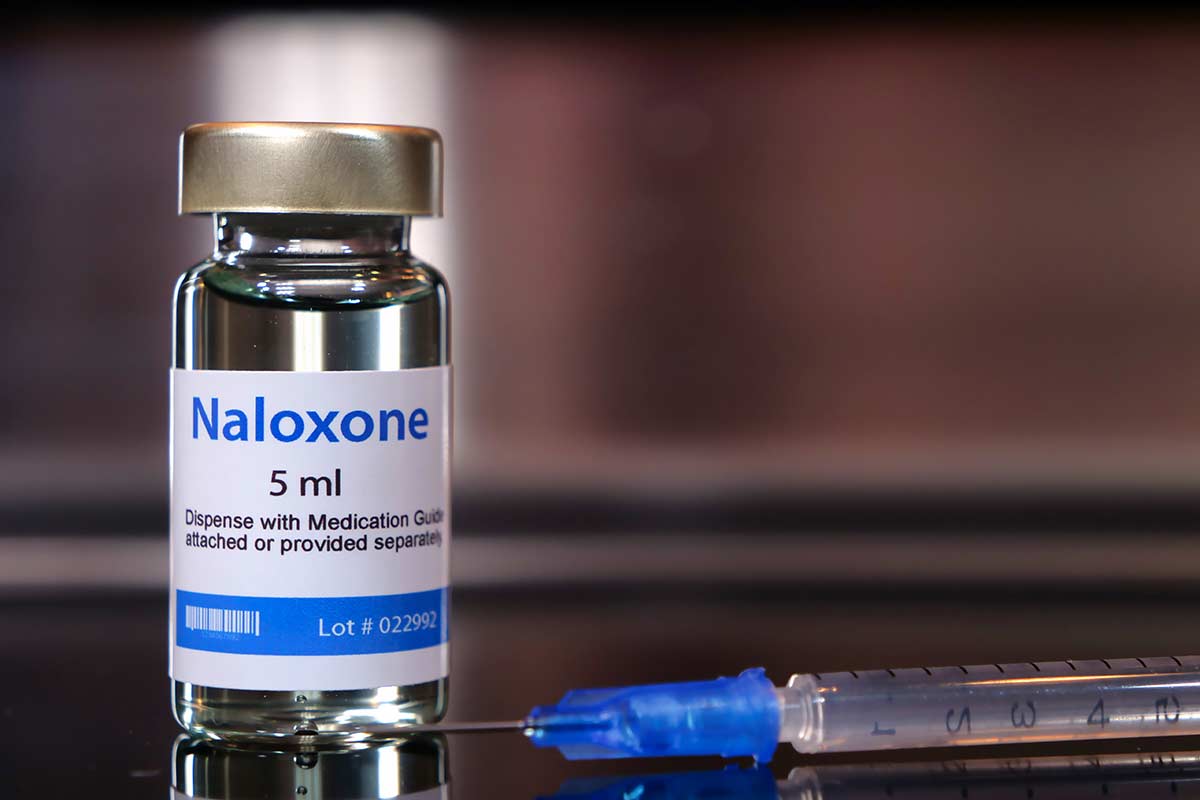
Unfortunately, we are living in an opioid epidemic. Countless people have battled an opioid addiction. In many cases, this addiction starts with prescription medications. Opioid medications remain the first-line treatment option for chronic pain. Unfortunately, these medications are incredibly addictive and can open the doors to more dangerous substances, such as heroin. In addition, because heroin is not regulated, the risk of opioid overdose is high. Fortunately, there is a way to reverse this. This comes in the form of naloxone. However, many people do not know what naloxone is or what it does. To learn more about this medication and the options for opioid detox treatment, reach out to Naaman today at 888.541.9239.
An Overview of Naloxone
Naloxone is a specific medicine that is able to reverse the effects of an opioid overdose rapidly. Some of the signs that someone may be suffering from an opioid overdose include:
- They are breathing incredibly slowly, less than ten times per minute
- They might also be taking break shallow breaths that make it hard to see the chest rising and falling
- The individual is unconscious
- The individual may be in a coma
Because opioids are respiratory depressants, they can cause someone to stop breathing, which can be fatal. That is where naloxone can save someone’s life; naloxone can quickly restore someone’s breathing to its usual pattern, saving someone’s life. Naloxone is an opioid antagonist. An opioid antagonist will attach specifically to opioid receptors and block the effects of other opioids. As a result, it prevents opioids from causing respiratory depression.
How Is Naloxone Given To Someone?
Because there are so many people suffering from opioid addiction, there are several different formulations of naloxone. For example, one of the most common ways that naloxone is administered is through a nasal spray. On the other hand, there are other options as well. For example, there are intravenous forms of naloxone, which are delivered directly into someone’s veins. Some injections can be administered directly into someone’s muscle or placed underneath the skin. Ultimately, the primary goal is to get naloxone into someone’s system as quickly as possible to save their life.
Will Naloxone Treat Opioid Addiction?
There is a common misconception out there that naloxone is a treatment for opioid addiction. That is not the case. Naloxone is an opioid antagonist that can save someone’s life in the event of an opioid overdose. It will not break someone from opioid addiction.
In essence, naloxone is an acute treatment. In order to help someone break free from opioid addiction, this requires sustained, long-term care. That is where we can help you. At Naaman, we have numerous treatment options available at our disposal. It is critical for everyone suffering from an opioid overdose to have access to naloxone. However, this is not going to change someone’s behaviors or alter their brain chemistry to stop opioid addiction. That requires the attention of our professionals and at times the help of opioid detox. If you are looking for someone who can help you or your loved one with opioid addiction, Naaman is the answer.
Symptom of Opioid Addiction
There are several different symptoms of opioid addiction. To start, many people will develop a tolerance to opioids. As a result, they will need to take larger and larger doses to get the same desired effects. In addition, people who suffer from opioid addiction often have trouble controlling their use. They might find that they are using more opioids than they intended too or for longer periods of time than they wanted to. Furthermore, people suffering from opioid addiction often feel like they cannot function without the drug. This is known as withdrawal. Withdrawal can be incredibly uncomfortable and even dangerous. Finally, people suffering from opioid addiction might find that they are neglecting other aspects of their life in order to obtain or use opioids. Other symptoms of opioid addiction include:
- Depression
- Anxiety
- Fatigue
- Difficulty sleeping
If you are struggling with any of these symptoms, it is important to seek help. You may also want to keep naloxone around you in case of an overdose.
Contact Naaman for More Information
At Naaman, we want to provide you with all of the information you need to make the best decision for you and your family. Therefore, we are happy to talk to you about naloxone and other treatment options for opioid overdose and addiction. We will help you come up with a plan to address opioid addiction and protect your sobriety in the long run. Please give us a call today at 888.541.9239 to speak with a member of our team or contact us online and learn more about the programs we offer.
